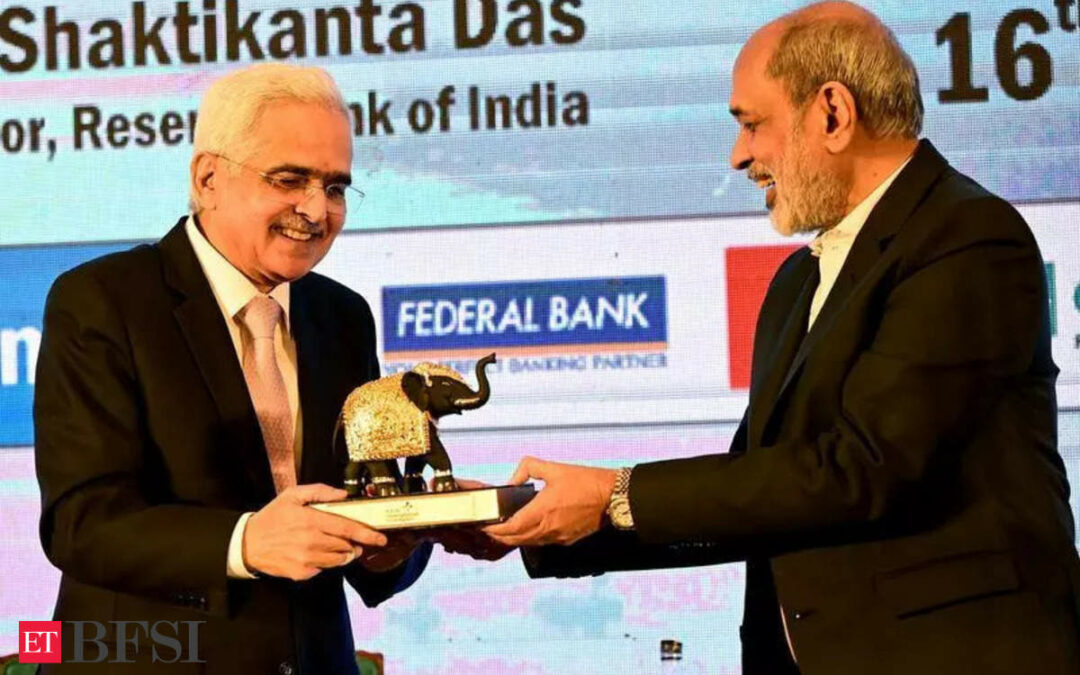KOCHI: Initiatives like the Insolvency and Bankruptcy Code 2016, GST and flexible inflation targeting frameworks have fostered progress, India must persist with structural reforms, particularly in the land and labour sectors, said Reserve Bank of India (RBI) governor Shaktikanta Das on Saturday.
Inaugurating the Kochi International Foundation (KIF) in the city, Das said the country’s economy remains stable. RBI’s projection for the current year is 7.2%, and India’s forex reserves stand at $675 billion , he said.
KIF is an organisation established as a non-profit cultural platform on the lines of institutions like India International Centre, Chennai International Centre and the Bangalore International Centre.
“India’s economic recovery after the pandemic was one of the best in the world. Today, India stands out as a clear exception when every country is experiencing a growth slowdown,” Das said. He outlined how RBI implemented interest rate reductions and provided time-bound liquidity through banks to prevent inflation escalation. The strategy of avoiding currency printing, negative interest rates and restricting liquidity provision through banks contributed to post-pandemic financial stability.
Das reaffirmed RBI’s commitment to maintaining inflation below 4%, noting its moderating trend despite occasional fluctuations. He explained how the Ukraine conflict affected inflation through disrupted edible oil imports. “We import a lot of edible oil from that region of the Caspian Sea but this got disrupted during the war. When oil prices go up, other prices adjust accordingly,” he explained.
The RBI governor suggested that universal lending interface could revolutionize lending similarly to UPI’s impact on payment systems. On developing a currency for Brics nations, Das said unlike currencies like the euro, there are geographical challenges in rolling out such a currency.
The event was chaired by M Ramachandran, KIF chairman and former secretary of Union urban development ministry.










